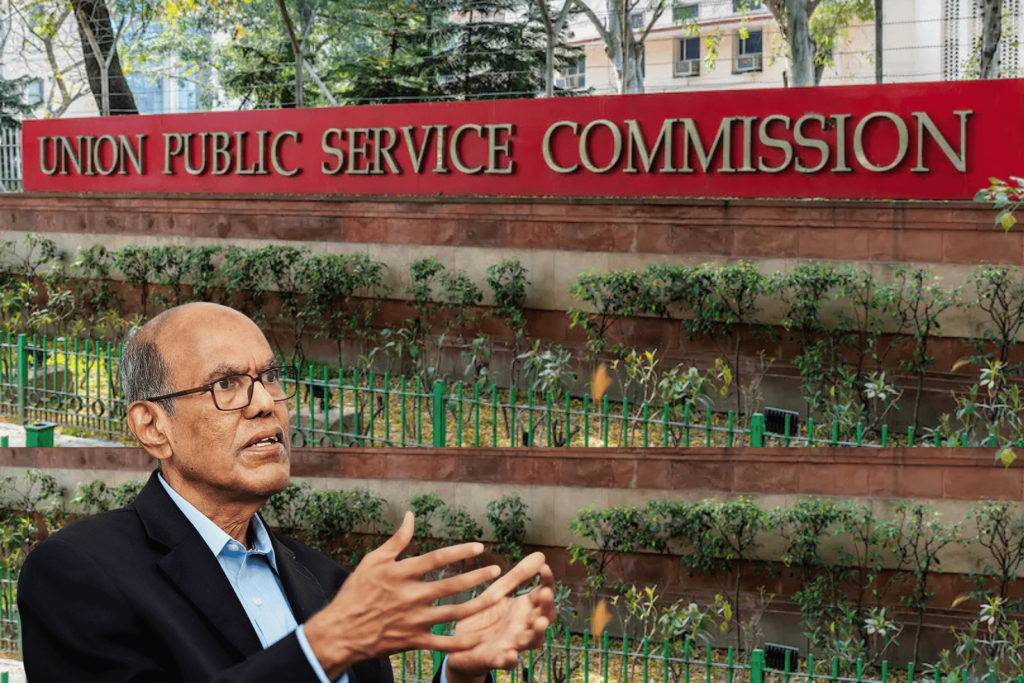





Former RBI Governor Duvvuri Subbarao has urged the Indian government to revamp the civil services recruitment system. In an opinion piece published in The Times of India, he proposed two major reforms for the UPSC Civil Services Examination:
Lowering the upper age limit and number of attempts for aspirants.
Introducing a structured mid-career entry path into the Indian Administrative Service (IAS) for professionals aged 40 and above.
Congratulating the successful candidates of the 2024 civil services results, Subbarao noted that behind every selected candidate stand many others who devoted years to preparation but didn’t make it — a massive drain of time and potential.
He criticized the current eligibility framework, which allows up to six attempts between the ages of 21 and 32, stating that repeated failures cause psychological stress and wasted productive years. He explained how aspirants often fall victim to the sunk cost fallacy, continuing despite slim odds because of past investments of time and effort.
Recalling his own time when the UPSC allowed just two attempts within the age limit of 21 to 24, he argued that a modern limit of three attempts with an upper age of 27 would be more balanced and effective.
Subbarao also highlighted that more attempts may reward exam strategy over true merit, potentially leading to flawed selections. To strengthen the system, he proposed a Tier 2 recruitment process — an annual, UPSC-conducted route for professionals aged 40–42, offering a permanent, competitive mid-career entry point distinct from current ad-hoc lateral entries.
He emphasized that such professionals would bring valuable real-world experience into the system, addressing the gap in governance exposure that younger recruits often face. Still, he advocated retaining the existing entry path for youth, citing their enthusiasm and fresh perspective as essential to public administration.
In conclusion, Subbarao acknowledged the progress the UPSC exam has made over the years but stressed the need for continuous improvement. “The system has evolved, but it’s time to push the envelope further,” he wrote.
Explore more insightful articles, interviews, educational news, and educational magazines on our website. Click here to stay informed and inspired!
Welcome to the future of digital storytelling, where creativity meets innovation. We’re not just a magazine platform; we’re a team of passionate visionaries committed to transforming how stories are shared, celebrated, and experienced in the digital age. Join us as we inspire, inform, and redefine the world of digital magazines.
© Copyright 2025 | educationeureka | All Rights Reserved.